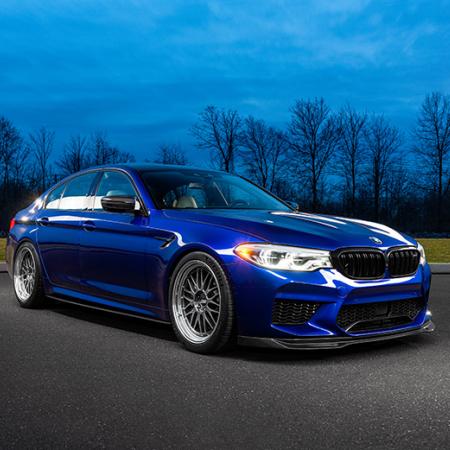Copyright and international law aside, you've got to give Chinese knockoffs due credit for genuine effort, observes MSN Autos. The latest copycat car—not to be confused with factory models that exactly copy the BMW X5—is a grille-and-badge job applied to a new Brilliance H530, a Chinese-market sedan designed by Pininfarina.
The price of the car itself? Just $13,000 to $20,000. A real BMW 523Li -- the standard 523i isn't sold in China -- costs nearly $70,000.
It may not be a coincidence. Brilliance has been building the BMW 5-Series in China since the two automakers signed a joint venture agreement in 2003. Special long-wheelbase versions of compact and midsized cars, such as the BMW 335Li and 535Li, are sold only in China. And the H530, both in phonetics and appearance, starts off well enough as a fake 5-Series.
Apparently, the Chinese website Taobao has counterfeit car kits from "hundreds of other small shops," according to Tycho de Feyter, a Beijing-based blogger for CarNewsChina.com. In the U.S., the worst BMW counterfeit offenses are people sticking M badges on the backs of standard X5s and 3-Series, which ends up fooling no one. Casual observers don't know what M even means, and real BMW owners can spot a real M car a mile away. But in China, a BMW knockoff can stand a chance of gaining respect.
BMW did not respond to questions for comments on the Brilliance kit. In 2007, BMW fought to keep the Shuanghuan CEO from appearing at the Frankfurt Motor Show, but lost a European ccourt case against the company in 2008. Highlighting China's flagrant disregard for property rights, many other automakers have tried and lost legal cases against Chinese copycat cars.––Paul Duchene









